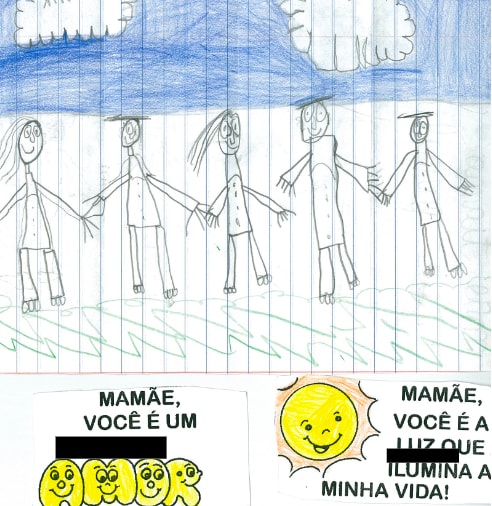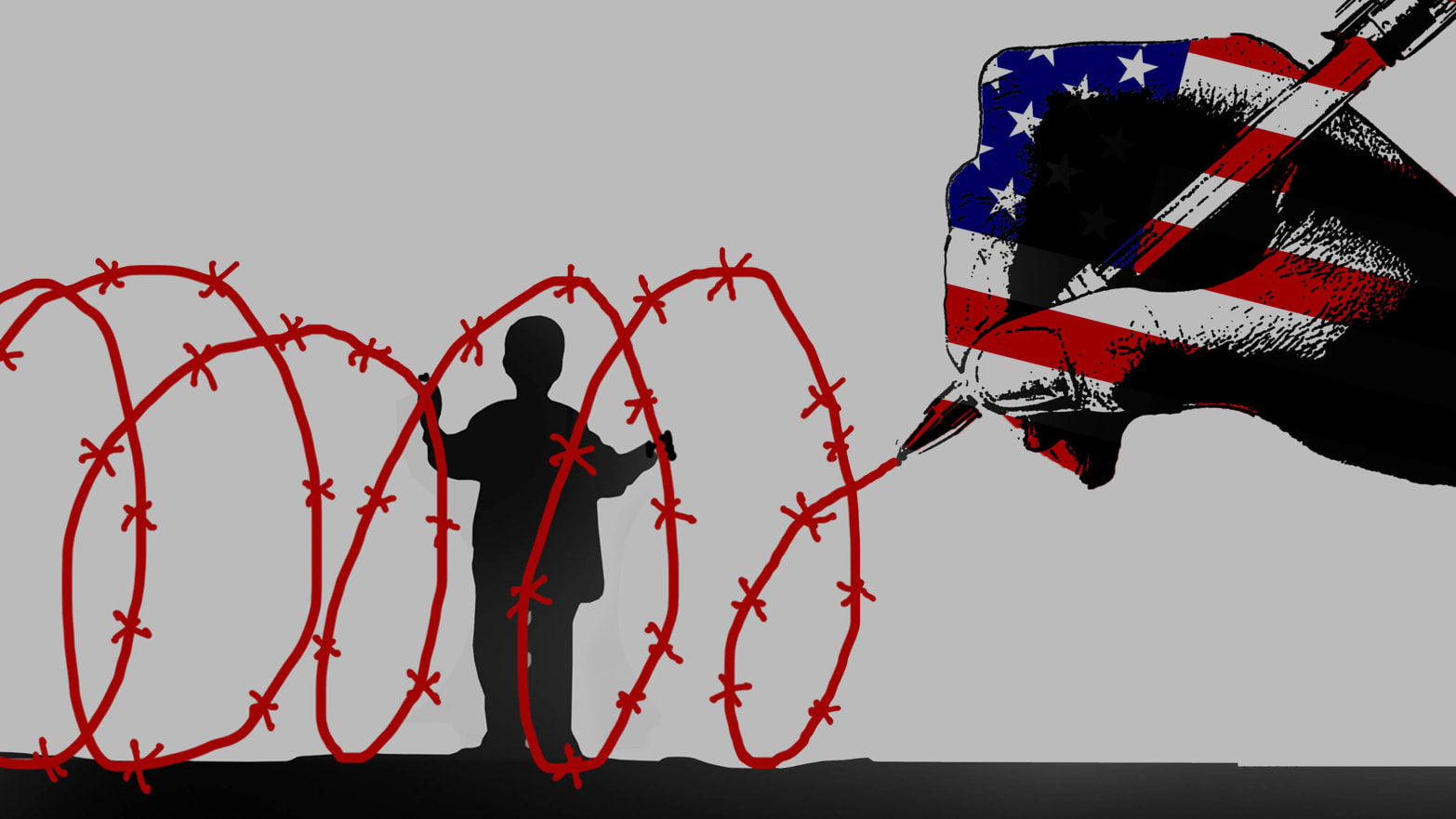The Trump Administration claims it has stopped separating families seeking protection and they’re doing all they can to reunite those who remain apart. I would like very much to believe this is true, but it’s hard for me to have hope.
One year ago, the U.S. Department of Homeland Security stole my 7-year-old son from me, and confined me in an immigration jail in Texas. There is no word when we will be together again.
I have committed no crime.
My son and I fled Brazil after we received repeated death threats from drug traffickers, who collaborated daily with local police. They said they would kill us no matter where we fled to in Brazil, and would do so “without pity” if we sought help from police. We came to the U.S.A. to request protection from persecution in our home country. We followed U.S. law, and asked for asylum at an official border crossing in El Paso, Texas.
We were together for one night, and the following day they took him away. I begged them not to separate us. They told me, “You don’t have any rights here, and you don’t have any rights to stay with your son.” I was trying not to cry, and asked my son to be strong while he cried for them not to take him. He was scared they were going to hurt him, or me. He begged me not to let them take him, while all I could do was pray helplessly to God to take care of him. I didn’t even know where they were taking him.
I died at that moment. They ripped my heart out of me and my world ended. Not knowing where my son was was the worst feeling a mother could have. How can a mother not have the right to be with her son?
The border officers told me my son was going to go to a shelter for one or two days. Yet when I arrived here, I saw it was a jail. I was detained for 15 days before finally I was able to speak with my son. Now he is safe with my husband in Boston, but our family remains torn apart despite me not having committed a crime.
I am one of the thousands of family members separated from each other by the U.S. government, and who were then forgotten and never reunited with their children by the courts. Here in detention at the El Paso Processing Center, I have met lots of other mothers like me, who were separated from their children after requesting protection. My lawyer tells me that the courts might yet reunite us, but I’m still stuck here in detention.
I missed his eighth birthday in November. When I spoke with him, he asked me when I would come back to him. He still doesn’t understand why I’m not there, and thinks I have abandoned him. My husband says he stares at the door blankly, waiting for me to walk through. I can only afford to call him once per week, since it costs a dollar per minute to use the phone—the same amount I earn each day by cleaning this jail. Each time we speak, I relive the trauma of our separation.

I’m only using my first name given the threats against me in Brazil and the prospect that despite those threats I’ll be forced to return there.
Despite the horrors that we faced at home, I wonder what is more intolerable: fleeing persecution there or seeking safety in the United States. It’s a cruel choice, and an unnecessary one to impose on people who only wanted to live in safety, and who have committed no crime.
If the U.S. government is serious about ending these policies, then let me be with my son while we seek asylum. We pose no danger. The only danger is the one I face if I’m forced to return to Brazil without my family.
